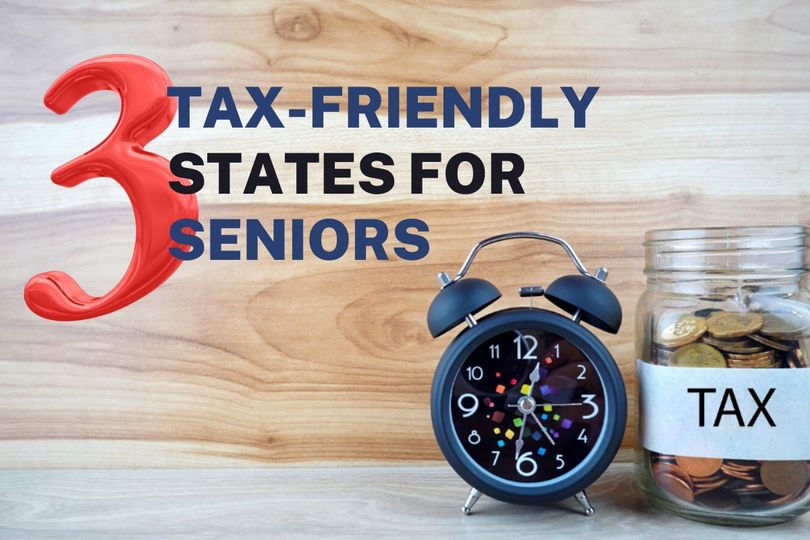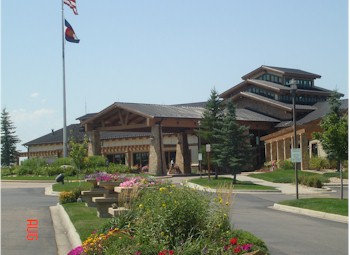Many 55-plus seniors prefer retiring to tax-friendly states, seeking to avoid spending their fixed income on taxes. By minimizing this expenditure, they can maximize their enjoyment of the golden years. Though this goal may seem elusive, with a little research, you can uncover states with lower tax burdens, offering you a more fulfilling retirement.
When it comes to tax-friendly states, there’s more to consider than just income tax. Property and sales taxes have a significant impact on your bottom line, which is why it’s important to research all factors before making a decision.
Some states, such as Alaska, Florida, and Nevada, don’t impose an income tax, yet they may have higher property and sales taxes. On the other hand, certain states offer special tax breaks tailored for seniors. For example, Hawaii, Alabama, Pennsylvania, and Michigan all have unique tax incentives to offer you.
If you’re on a low income and deal with high housing costs, it’s wise to factor in property taxes too. Enticingly, some states such as Delaware, Hawaii, and Louisiana charge less in property taxes in comparison to home value.
So, which state should you go for? Let us help you make an informed decision.
Delaware
If you are looking for a highly livable state to retire, Delaware may be just what you need. This state is not only known for its beautiful beaches but for its incredible tax benefits as well.
Delaware is ranked as one of the most tax-friendly states in the US. There is no sales or income tax on retired persons, which means that you get to keep more of your hard-earned money. Additionally, social security benefits are exempt from taxes, providing further tax relief to its residents.
But wait, there’s more! As an elderly resident in Delaware, you may also qualify for various tax relief programs, such as the Senior School Property Tax Credit. This program provides a partial property tax credit for qualified senior citizens, making it easier for you to maintain a beautiful home in this amazing state. If you are leaning toward Delaware’s active adult communities, consider Heritage Shores in Bridgeville.
Alaska
Although the frigid climate in Alaska might discourage many from considering moving there, the tax benefits are quite substantial. Unlike most other states in the US, Alaska has no income tax or sales tax, which can translate into significant savings for residents. Additionally, living in Alaska can also present the opportunity to receive certain government refunds.
If you are someone who appreciates the beauty of a cold and serene climate and would like to enjoy these tax benefits, then perhaps Alaska is the place for you. Imagine being able to delight in all the natural wonders that Alaska has to offer, nestled in the comfort of your very own home while paying minimal taxes – truly a tempting proposition!
Alabama
This location is ideal for anyone who is looking to spend their retirement years in a peaceful and cost-effective environment. The warm climate will allow you to appreciate the outdoors all year round, without the burden of steep taxes on Social Security and other pensions. Although in some areas sales tax can be a bit high, there are perks for those over 65, such as waived county property taxes. With such benefits, living a comfortable and worry-free life during your retirement in this location is truly the way to go.
As consider retirement destinations, three tax-friendly states to bear in mind are at your disposal. However, before proceeding with a move, be sure to conduct thorough research as additional states may offer distinct appeals and lucrative tax benefits tailored to your situation. You can find all necessary data regarding tax-friendly states and eligibility requirements online, making the selection process more informed and likely to benefit you the most.
If you need further community information on tax-friendly states, visit ActiveAdultLiving.com®, the number-one website featuring more than 8,500 retirement communities in the USA and Canada.




